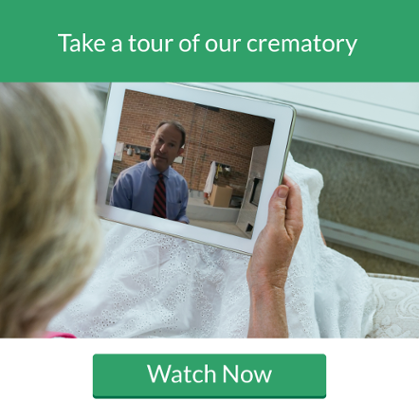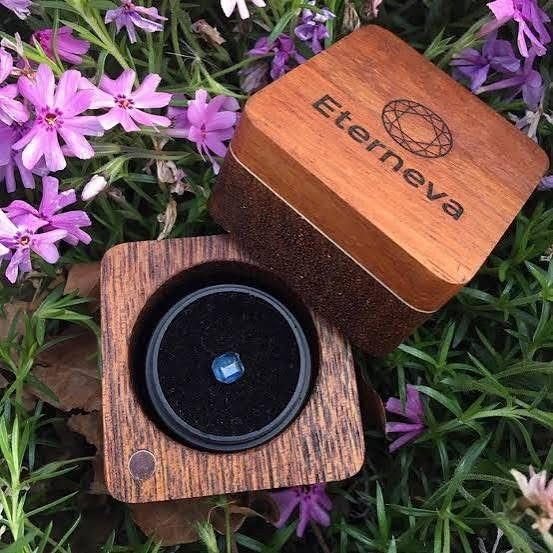Understanding Veterans Burial Benefits
“There is no greater calling than to serve your fellow men. There is no greater contribution than to help the weak. There is no greater satisfaction than to have done it well.” – Walter Reuther
The brave men and women of the military have done us all a great service. The very least we can do to show our appreciation is to offer them the peace of mind that their families won’t suffer financial hardship because of their passing.
Dying can get expensive, the average funeral in the US costs between $7,000 and $12,000 dollars. Thankfully, as one last thank you for their service to veterans and their families, the VA provides burial allowances when a veteran passes.
Let’s break it down and see what benefits are available and who is eligible.
Veterans Burial Allowances
When burying a veteran in a national cemetery, the VA veterans burial allowance provides funds for the following expenses:
- Burial and funeral expenses
- An allowance for the plot internment
- Transportation of the veteran’s remains
The maximum burial allowance offered for veterans who died a service-connected death on or after September 11, 2001 is $2,000. Veterans who died a non-service-connected death on or after October 1, 2020 are eligible for up to $300 burial allowance and $807 for the plot. If the veteran died a non-service-connected death in a VA hospital on or after October 1, 2020, they are eligible for an $807 burial allowance and another $807 for the plot. A headstone or marker allowance may also be provided.
Families have 2 years after a non-service-connected death to file for the burial allowance. There is no time limit for those who died a service-connected death.
The maximum allowable amounts have been slowly increasing. The VA site offers more information on allowable amounts for past years and application information.
The BRAVE Act Benefits
The BRAVE Act is an important piece of legislation just recently signed into law by President Trump in January 2021.
You may have noticed from the previous section that veterans who died a non-service-connected death in a VA hospital receive a higher allowance than those who died elsewhere. The BRAVE Act eliminates this inequity and allows all veterans who die a non-service-connected death to receive the same allowance, regardless of the location of their death.
Who Qualifies for Veterans Burial Benefits?
So, which veterans qualify for burial benefits? The short answer is anyone paying the burial expenses of a veteran and is not being reimbursed by some other government agency is eligible. To get more specific, though, you’ve got to go deeper. There is a list of requirements that applicants must meet in order to receive the benefits.
For example, the applicant must be serving a professional role as an executor or administrator of the veteran’s estate or be one of the following relations:
- Spouse (including same-sex spouses)
- Partner from a legal union
- The veteran’s child
- The veteran’s parent
Additionally, the veteran must meet certain requirements at the time of their death in order for their family to be eligible.
First, they must be a veteran, which means they are not still active duty. For obvious reasons, they must not have received a dishonorable discharge. (If their discharge status is changed to something other than dishonorable posthumously, family members then become eligible to apply for the allowance). Additionally, if the veteran was serving as a member of Congress, or serving a federal prison sentence at the time of death, they are not eligible.
In general, the veteran must have been receiving a VA pension or be eligible for it even if they chose military retirement instead or receiving care in a VA facility.
How To Apply for Veterans Burial Benefits
Surviving spouses generally do not need to make a claim for the veterans’ burial allowance. If they are listed as the veteran’s spouse in the veteran’s paperwork, the burial allowance will automatically be issued.
If you do not receive your allowance or are a different type of family member, you will need to apply for benefits. You can easily apply online. Make sure you have the following paperwork available:
- Military discharge papers for the veteran
- The death certificate of the veteran
- Receipts or other documents detailing the transportation costs for the veteran’s remains
- A statement of account from the funeral director or cemetery owner
The statement of account must contain the following information:
- Name of the veteran
- Type of service or item that was bought
- Credits, if applicable
- Unpaid balance
If you’d like to apply by mail instead, you can use this form and mail it to your nearest regional VA office.
Services and Discounts for Veterans Offered by the Funeral Home
It’s also important to check with the assisting funeral home. Some businesses will offer extra discounts or benefits as a way of showing their appreciation for veterans and their sacrifices. Here at Tharp Funeral Home, we’ve always had a special place in our hearts for the needs of veterans. Our founder, Glenn Tharp, was a veteran of World War II, serving under Patton and receiving the Silver Star and Purple Heart.
We will work with you to make sure you receive the best care and all of the benefits available to you. A Veteran’s funeral service may be eligible for a number of benefits provided by both Tharp Funeral Home and the V.A.
Lastly, many local organizations offer burial benefits for veterans. It doesn’t hurt to check around and see what is available to help ease the financial burden of your loved one’s passing.
About Tharp Funeral Home and Crematory
Saying goodbye is not easy. The good news is that there are options to help cover funeral expenses for your beloved veteran. Reach out to us today to learn more about our compassionate funeral care for veterans.








